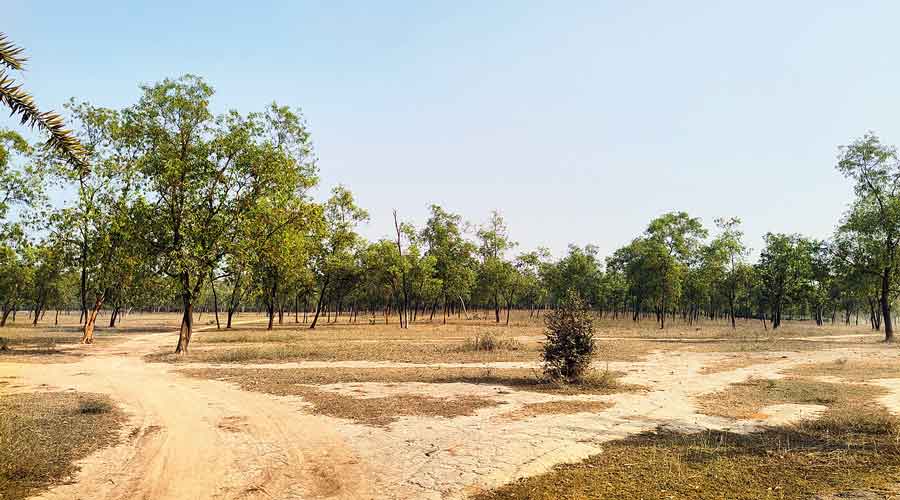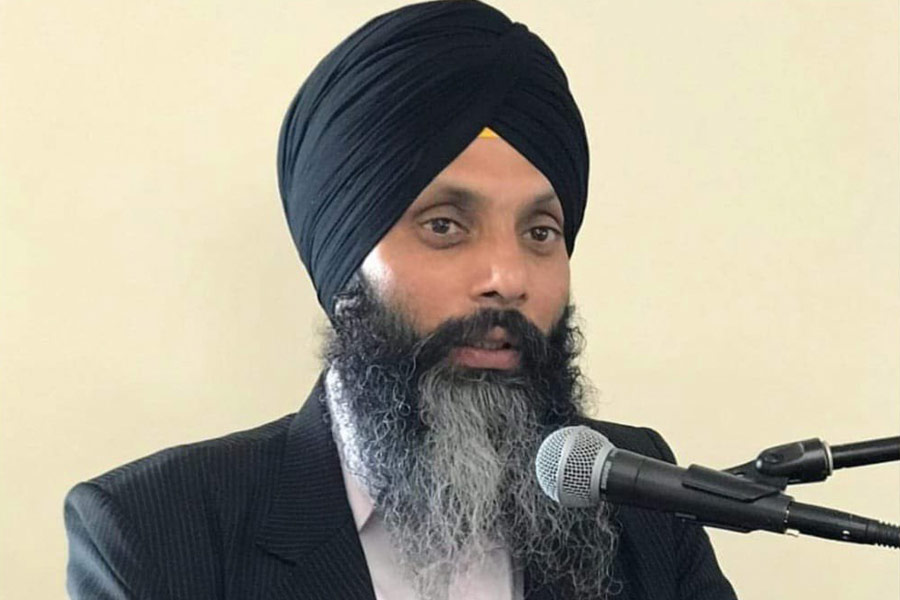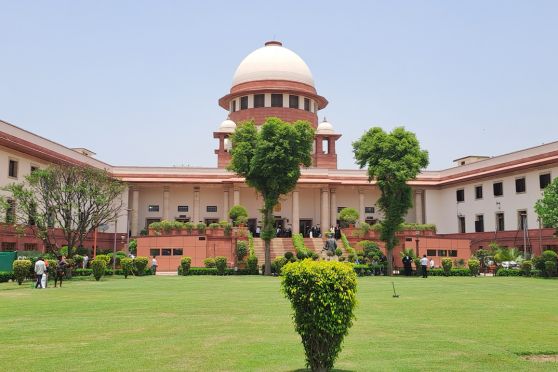The Bengal government has set a target of early next year for itself to start mining at the Deocha-Pachami coal block by successfully completing negotiations with 4000-odd land loser families spread across a dozen villages in the dusty corner of Birbhum.
In the first-ever major land acquisition initiative of the Mamata Banerjee dispensation, Nabanna has offered a government job for each land losing family, compensation for the plot foregone three times the market price and a slew of other benefits.
Reports from the ground suggest that getting the consent of all the land losers will be easier said than done. The Telegraph visited the area and spoke to some of the land losers to identify the challenges facing Nabanna.
Livelihood
Several local people this correspondent spoke to — like Muril Hansda, a 24 year-old youth at Dewanganj village, who lives with his elderly parents, three brothers and their families — said they were circumspect about the impact of the project on their livelihood.
Muril and his three brothers earn Rs 300 to Rs 400 a day working at stone mining and crushing units as unskilled labourers. The family also has agricultural land from where it earns around Rs 4,000 a month by cultivating paddy and mustard seed as a sharecropper.
“We all four brothers earn around Rs 1,600 a day and there is an option for our women to work at the (stone) crushers. We also earn a good amount from agriculture. The government would give the job of a junior constable which would employ one of us. Then, what will the other three brothers do? Can we feed all 15 members of our family with that salary?” asked Muril.
The government is offering the job of a junior constable with a starting monthly salary of around Rs 21,000.
A senior district official has said the basic problem is the tribal people here are not similar to those indigenous people. “As there is already an industry, which gives livelihood to people here, many of them are reluctant to part with their land…,” said the official.
Sentiment
Lulu Tudu, 70, a resident of Namupara, adjacent to Dewanganj, has been living at a one-storey concrete house, which has a sprawling 10-cottah courtyard, for decades. The Tudu campus — with layers of trees — has two mud houses as well.
“The total property where I live with my family is no less than two bigha. We have heard the government would provide only 5-6 cottah of land in exchange for the existing land held by land losers. We are not used to living in small 600 square feet flats like city dwellers. We want open sky, plenty of land, trees, our religious and sacred places in the forests. Can the government compensate for it?” asked the elderly man in presence of his two sons.
As part of the rehabilitation package, the government has promised a 600sqft home to each land losing family in a rehabilitation colony.
Industry resistance
The government’s major challenge is the silent resistance from the existing stone mine and crushing units, which have been the main source of sustenance for locals for years.
According to government reports, there are around 35 mines and 300 crushing units that employ over one lakh people directly or indirectly.
“We had invested crores of rupees in the business. Why would we leave it? We want our own business to continue,” said a stone crusher owner.










